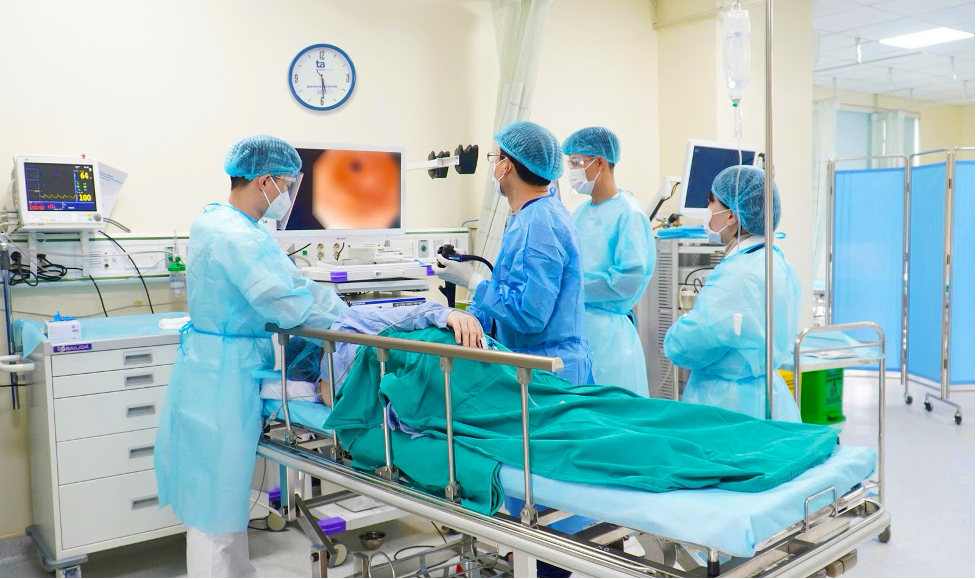Answer:
Gastroesophageal reflux disease (GERD) occurs when digestive juices, including acid and enzymes, flow back up from the stomach into the esophagus (the food pipe connecting the mouth and stomach). Normally, the lower esophageal sphincter acts as a one-way valve, opening to allow food down and closing to prevent reflux. However, when this valve weakens or relaxes abnormally, stomach acid can flow back up, causing heartburn, acid reflux, bloating, difficulty swallowing, or a persistent cough.
In healthy individuals, reflux can occur up to 40 times a day without causing symptoms. This is a normal physiological phenomenon. When reflux occurs frequently, it can cause discomfort and affect daily life. Over time, persistent symptoms can lead to esophageal inflammation and ulcers, bleeding, and scar tissue formation, causing esophageal narrowing and difficulty swallowing. In more severe cases, it can lead to Barrett's esophagus (a condition where the esophageal lining changes due to prolonged acid exposure).
 |
Endoscopy team examining a patient. Photo: Tam Anh General Hospital |
Typical GERD symptoms include heartburn, acid reflux, and bloating after eating. In such cases, doctors may prescribe proton pump inhibitors (PPIs) for 2-4 weeks. If symptoms improve, an immediate endoscopy may not be necessary.
Most GERD cases do not show esophageal damage during endoscopy. However, endoscopy remains a valuable diagnostic tool, helping to detect abnormalities ranging from mild to severe, assisting doctors in determining the right treatment plan, and avoiding overlooking early-stage cancer.
An upper endoscopy is recommended for patients with recurrent or persistent reflux symptoms despite treatment, or for those in high-risk groups, such as those over 40, obese individuals, smokers, or those with a family history of gastrointestinal cancer. Doctors may also order an endoscopy for patients experiencing difficulty or pain when swallowing, unexplained chest pain, persistent nausea or vomiting, vomiting blood, black stools, or anemia.
Since you are experiencing reflux and current medication is ineffective, you should consult your doctor about an endoscopy. Unlike ultrasounds or blood tests, endoscopy allows doctors to directly observe the lining of the esophagus, stomach, and duodenum to identify reflux-related damage like inflammation, ulcers, strictures, or Barrett's esophagus. If necessary, a biopsy can be performed during the endoscopy to assess the degree of inflammation or detect any suspicious cancerous changes.
Early-stage GERD often responds well to medical treatment with medication combined with lifestyle adjustments such as regular meals, a healthy lifestyle, limiting trigger foods, and weight management. If the patient does not respond to treatment or complications arise, doctors may consider endoscopic or surgical intervention.
Dr. Vu Truong Khanh
Head of Gastroenterology - Hepatology - Pancreatology Department
Tam Anh General Hospital, Hanoi
| Readers can submit questions about digestive diseases here for doctors to answer. |












